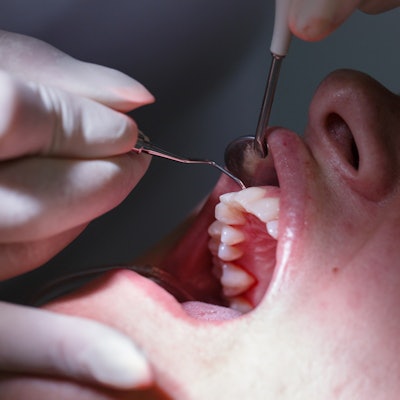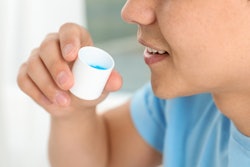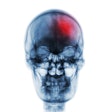
European researchers discovered a link between gingivitis and depression in a study published in the June 2021 edition of the Journal of Psychiatric Research. Patients with chronic gingivitis had almost double the risk of developing depression as those with healthy gums.
The authors looked at patients ages 14 years and older who were diagnosed with chronic gingivitis in the U.K. Approximately 16% of people with chronic gingivitis received a depression diagnosis within 10 years, compared with 9% of those without chronic gingivitis.
"It has been shown that mental health can have a negative impact on oral health and that biological components and behavioral mechanisms that are connected with depression can have an adverse effect on periodontal health," wrote the group, led by Lisa Lotta Cirkel from Jena University Hospital in Germany. "Little is known about the reverse association, however" (J Psychiatr Res, Vol. 138, pp. 103-106).
The study focused on individuals who received a diagnosis of chronic gingivitis in one of the U.K.'s 256 general dental practices between January 2000 and December 2016. The authors excluded patients diagnosed with other types of mental illness, including schizophrenia, mood disorders, and anxiety.
To compare the incidences of depression in those with and without chronic gingivitis, they used a database with information on drug prescriptions and diagnoses and basic medical and demographic data. A total of 6,544 patients with chronic gingivitis and 6,544 patients without chronic gingivitis were included in the analysis.
In total, 16.3% of those with chronic gingivitis and 8.8% without chronic gingivitis received a diagnosis of depression within 10 years. Cirkel and colleagues found a positive and significant relationship between the two conditions, with patients who had chronic gingivitis being 1.82 times more likely to develop depression.
These findings held true for both men and women and across all age groups other than those older than 65. The relationship between gingivitis and subsequent depression was particularly strong for patients between the ages of 21 and 50.
"It seems that there is a strong association among young adults," the authors wrote.
An immunoinflammatory response could be the trigger between gingivitis and depression, they noted. Inflammation is linked to neuroinflammation and impaired serotonin synthesis.
"Restrictions in oral hygiene and the wearing of prostheses as well as pain and halitosis may be associated with depressive symptoms," Cirkel and colleagues wrote.
The authors believe this is the only study to examine how gingivitis is a risk factor for depression in the U.K., meaning there is a lack of research with which to compare the results. And the study was not without its limitations. If more information on the severity of patients' conditions were available, they may have been able to create a more detailed analysis, the authors argued.
"The connection between these two diseases warrants increasing attention from [general practitioners], and it is important to understand that both can influence each other," they wrote.



















